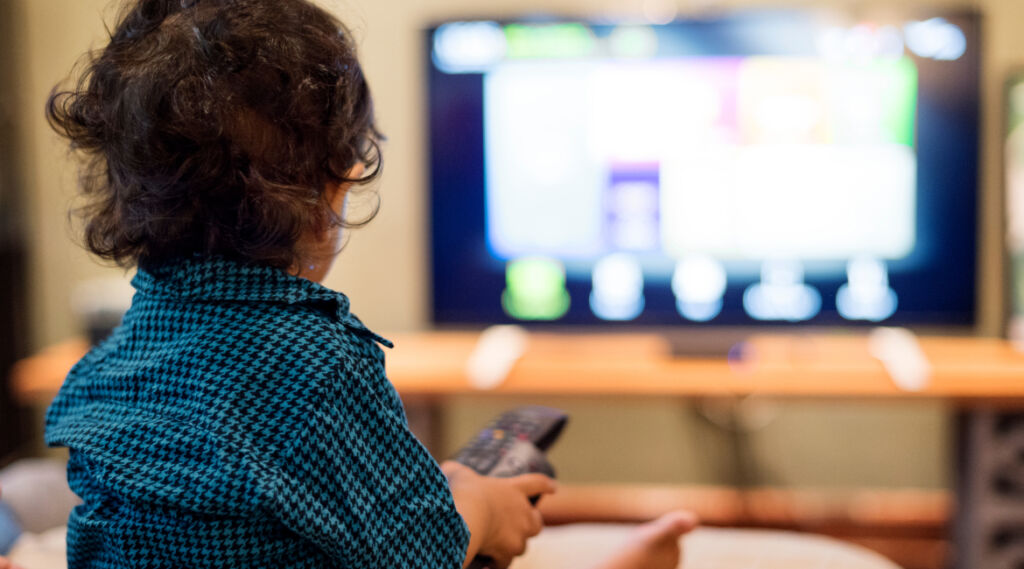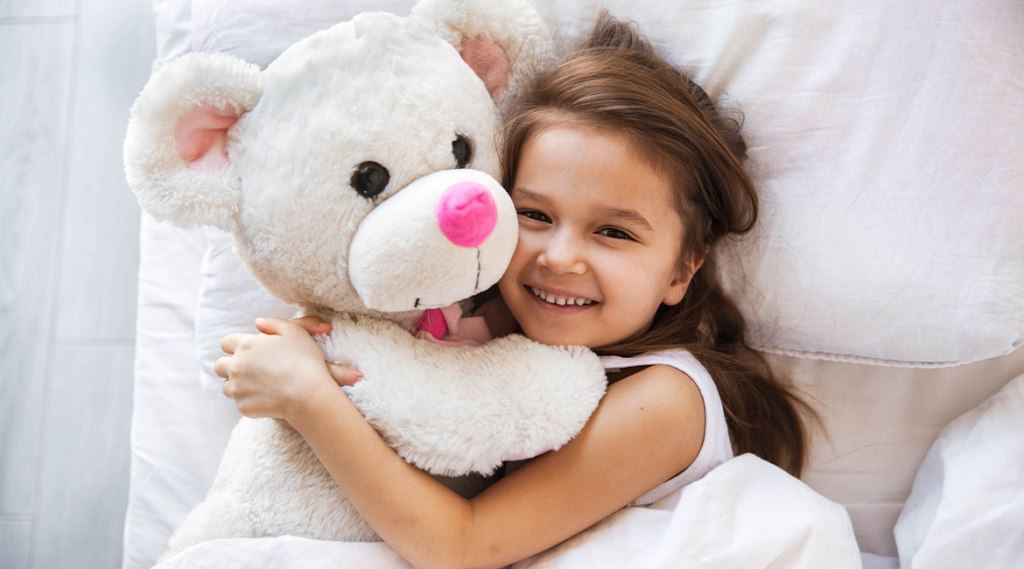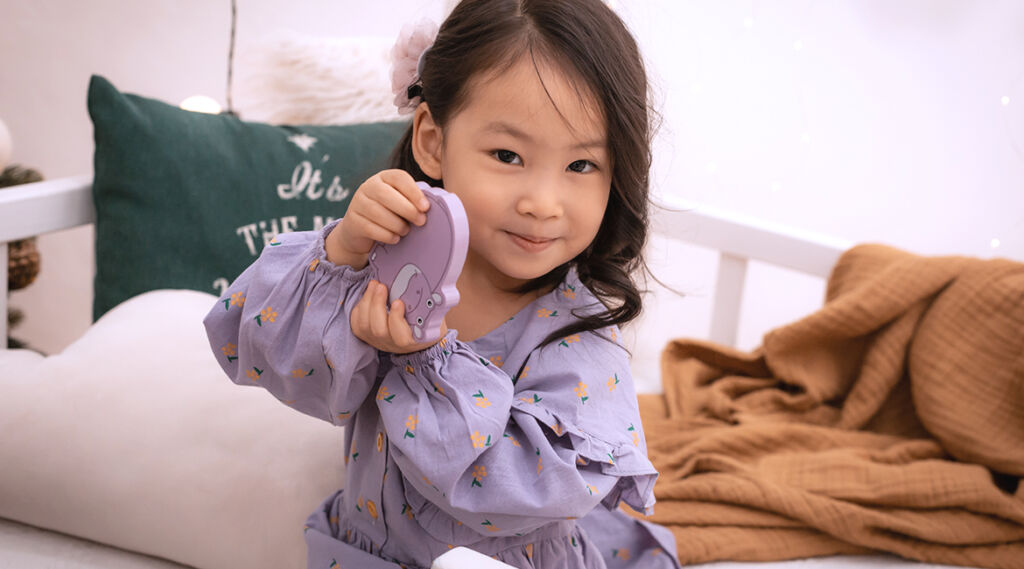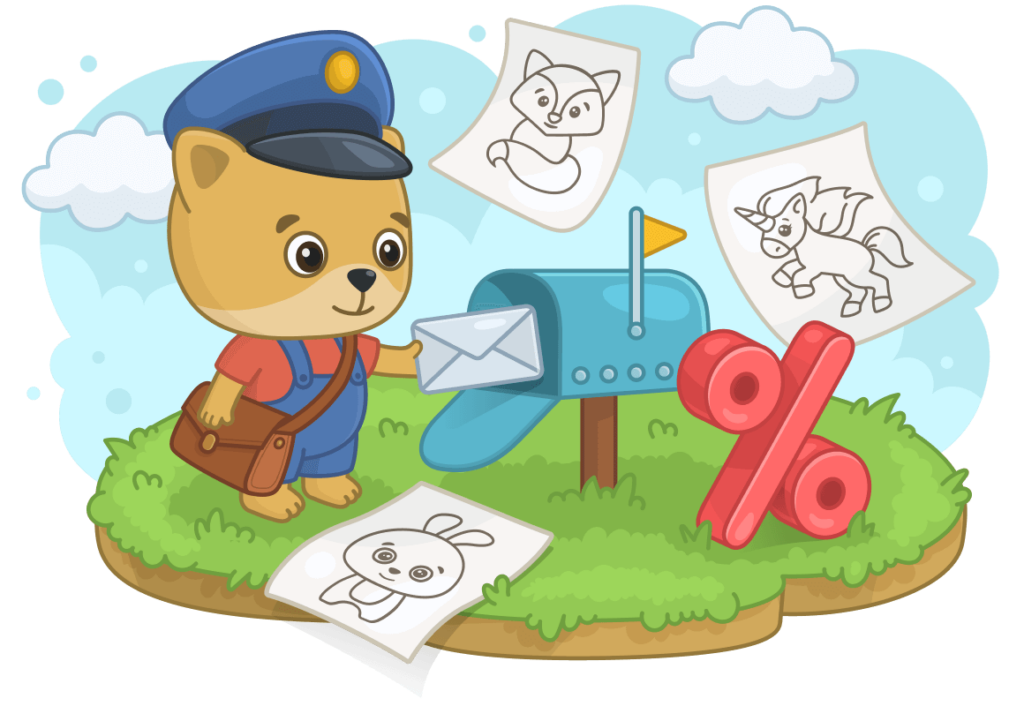Introduction
Toys play a pivotal function in fostering children’s emotional skills and facilitating social development. In this article, we will explore the importance of toys designed for emotional growth and support, as well as their contribution to fostering social progress. At Bimiboo, we prioritize the comprehensive development of children, encompassing their emotional well-being. We comprehend the fundamental role toys play in this process.
Toys for Emotional Development
Toys tailored for emotional development establish a secure and captivating space for children to comprehend and express their emotions. Examples include expressive toys that stimulate self-expression through art materials, such as coloring books, clay, and craft sets. Emotion-focused toys like emotion-themed games and feelings cards encourage discussions, enrich emotional vocabulary, and promote self-awareness. Imaginative play toys, such as dolls and puppets, enable children to explore emotions through role-playing, nurturing empathy and emotional regulation.
Emotional Support Toys
Toys providing emotional support offer comfort and solace to children during challenging moments. Comfort objects like plush toys, blankets, and stuffed animals provide a sense of security and familiarity. Soothing toys, such as stress balls and sensory bottles, aid in emotional regulation by engaging the senses. Worry or feeling-specific toys, such as worry dolls or dolls with various facial expressions, provide outlets for expressing worries and specific emotions, fostering emotional resilience.
Toys for Social Development
Toys also play a vital role in stimulating social progress by encouraging social interaction, cooperation, and the development of social skills. Cooperative play toys, like building blocks and puzzles, promote collaboration, communication, and problem-solving abilities. Pretend play sets, such as kitchen sets and doctor kits, facilitate role-playing and comprehension of social dynamics. Board games and card games encourage turn-taking, adherence to rules, and sportsmanship, while enhancing communication, strategic thinking, and social bonding. The Wooden Chunky Pets Puzzle by BimiBoo fosters social skills in children by promoting collaboration and teamwork as they work together to complete the puzzle. It also enhances communication and language development through interactive play, encouraging conversation and the expression of ideas.
Conclusion
Toys possess a profound impact on cultivating children’s emotional skills and promoting social advancement. Toys intended for emotional development encourage self-expression, empathy, and emotional regulation. Emotional support toys provide solace during challenging periods. Furthermore, toys promote social development by improving social interaction, cooperation, and the development of social skills. By acknowledging the pivotal role of toys in emotional and social development, we can create nurturing environments that prioritize children’s emotional well-being and support their overall growth.




